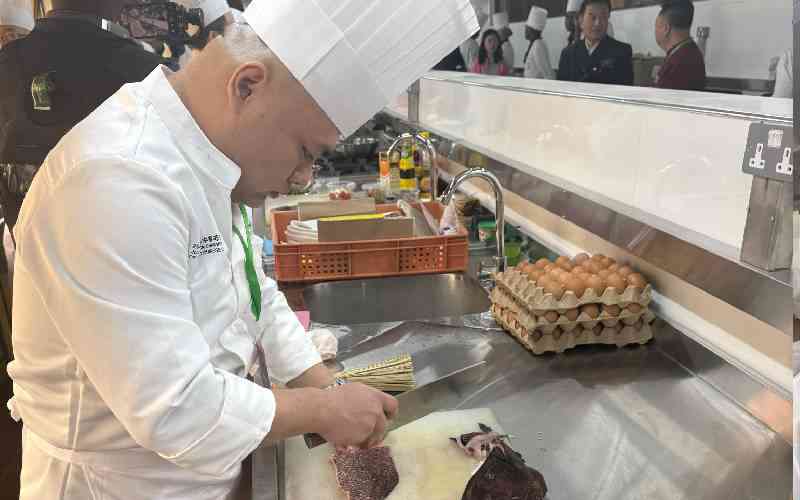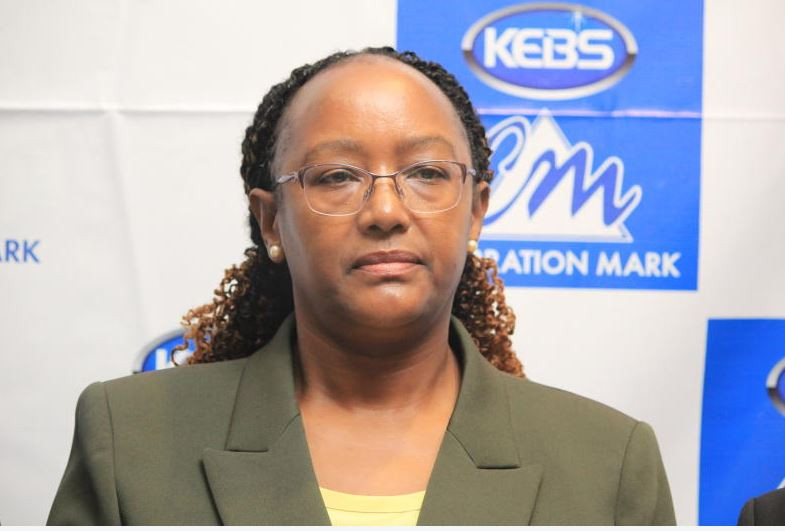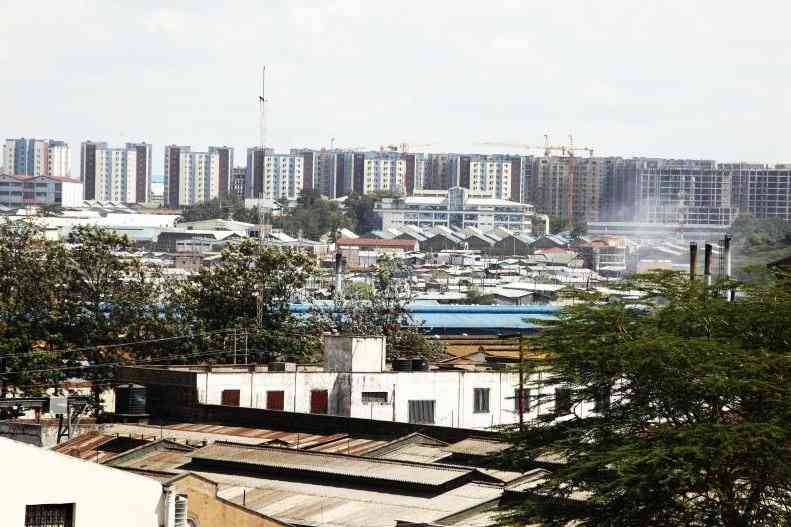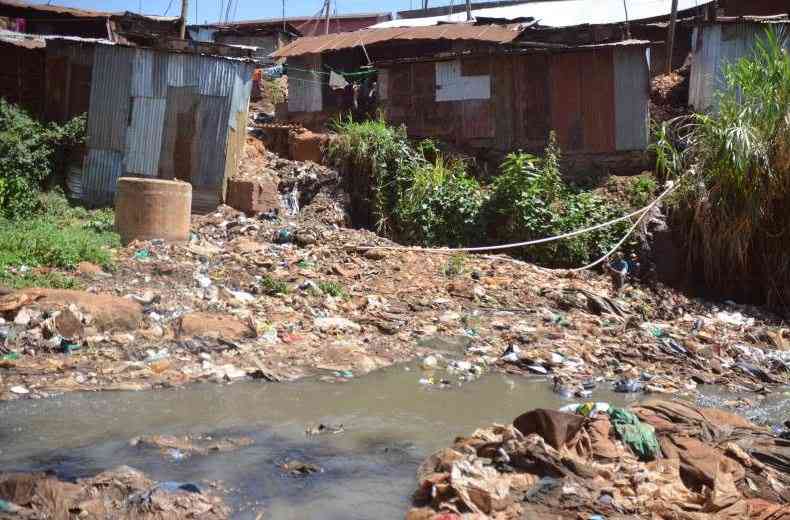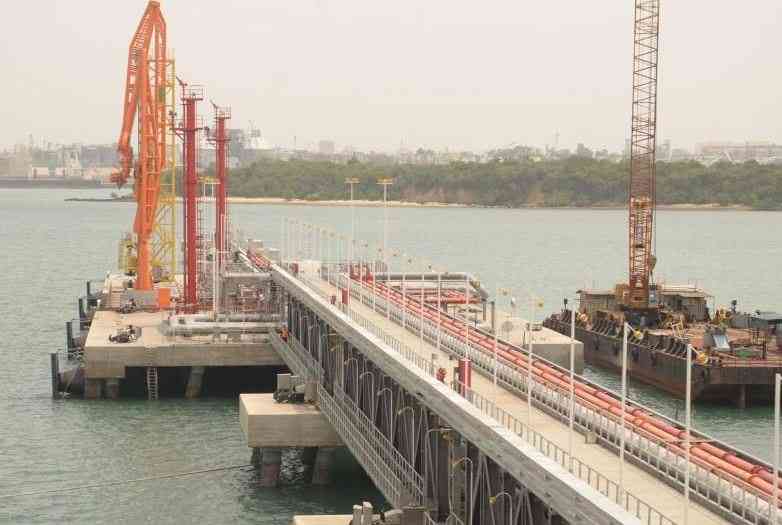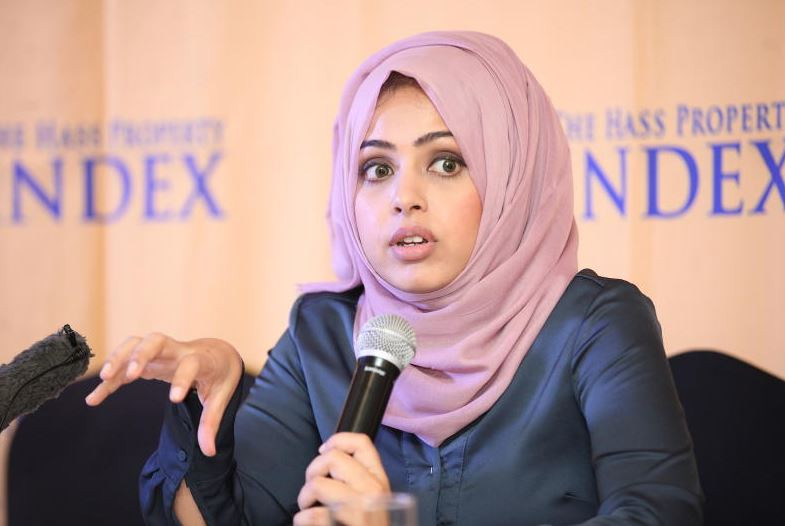
Kenya’s preparations for the upcoming 25th Summer Deaflympics in Tokyo, Japan, have come under scrutiny from the Senate Committee on Labour and Social Welfare.
The committee chaired by Senator Crystal Asige raised concerns over funding, inclusion, and accountability in the management of Deaf Sports.
The Deaflympics, scheduled to take place from November 15 to 26, 2025, will see thousands of athletes with hearing impairments from across the world compete in various
sporting disciplines.
Kenya, which has previously performed well at the event, now faces questions about its readiness and financial commitment to its athletes.
The Committee met on Tuesday with Sports Cabinet Secretary Salim Mvurya, to deliberate on the Ministry’s plans and the challenges surrounding Kenya’s participation.
Sen. Asige, who sought the statement on the country’s preparedness, emphasized that the Deaflympics are not just another international competition but a key platform for
inclusion and recognition of athletes with disabilities.
“We must ensure that no athlete is left behind simply because of bureaucratic or financial hurdles. These are Kenyan athletes who have trained hard and deserve equal support
and visibility,” said Sen. Asige.
One of the major concerns raised was the decision to allow only five out of twelve teams to represent the country in Tokyo. The Ministry cited financial constraints for the
exclusion, but senators questioned the fairness and transparency of the selection process.
Sen. Stewart Madzayo (Kilifi) challenged the Ministry to explain the criteria used to fund only a few teams, saying it undermined the athletes’ efforts and years of preparation.
“How does the Ministry justify sidelining teams that have consistently represented Kenya in past competitions?” he asked, noting that the allocation for Deaflympics had dropped
sharply compared to previous years.
Stay informed. Subscribe to our newsletter
Sen. Alexander Mundigi (Embu) further pressed the Cabinet Secretary on integrity issues within the management of Deaf Sports, questioning whether individuals previously
implicated in the misappropriation of over Sh 10 million had been cleared to participate in current preparations.
“We need assurance that those under investigation are not part of the ongoing processes,” he said.
Other committee members, including Sen. Seki Lenku (Kajiado) and Sen. Miraj Abdullahi, echoed the call for greater accountability, insisting that funds allocated for athletes with
disabilities must be managed transparently.
In his response, CS Mvurya assured the senators that the government had restructured the Kenya Sports Federation of the Deaf (KSFD) following past disputes and international
suspensions. He said a new steering and management committee had been appointed to oversee the country’s participation.
“We have implemented safeguards to promote transparency and to restore confidence in the administration of Deaf Sports,” said Mvurya.
He revealed that Sh 419 million had been budgeted for the Deaflympics, and 179 athletes are already in training camps at Moi International Sports Complex, Kasarani, and Nyayo
Stadium.
Despite these assurances, the Committee resolved to seek further clarifications, insisting on inclusive participation and financial accountability to ensure equity and fairness in
Kenya’s representation at the Tokyo Deaflympics.
